Share
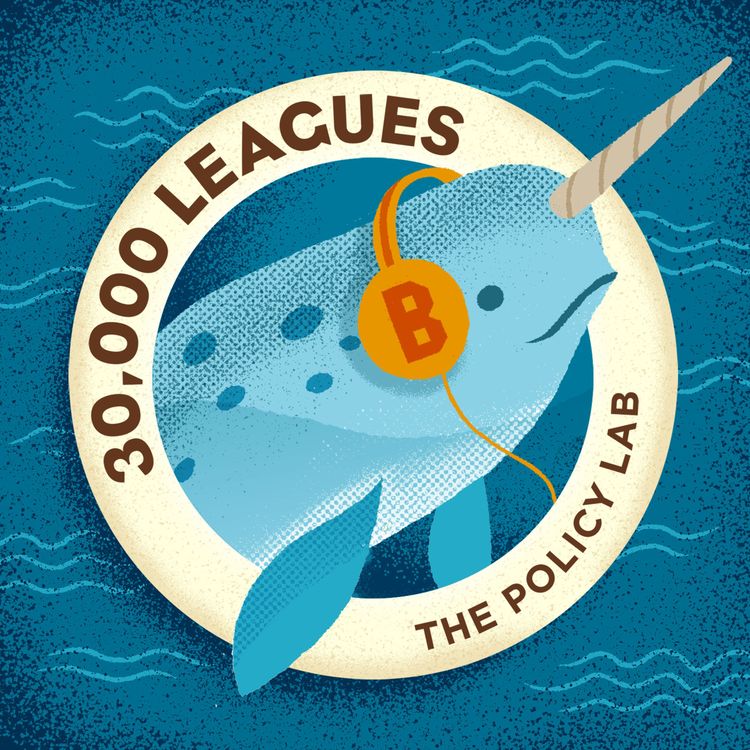
30,000 Leagues
Rhode Island’s plan for re-opening our communities (with Dr. James McDonald, RI Dept of Health)
It’s April 28th, 2020, and we’re a few months into the Covid-19 pandemic. Here in Rhode Island we’ve been under a stringent, stay-and-home order for the past 30 days.
States across the country are starting to consider when and how to responsibly lift these restrictions. Yesterday, Governor Raimondo released a framework for how to reopen the state, called “Reopening RI: Charting the Course.” It describes three phases of progression, and the metrics we’ll monitor to know when to move from one phase to the next.
Today we’re joined by Dr. James McDonald, Medical Director of Rhode Island's Department of Health, to talk about that framework and give a picture of what life might look like over the coming weeks and months, depending on how Covid-19 evolves.
More episodes
View all episodes
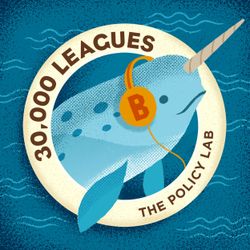
12. How should Rhode Island spend $1.1 billion?
01:03:02||Season 1, Ep. 12How would you spend $1.1 billion? The question sounds like something that most of us only dream about, but it’s a very real question with real implications that Rhode Island faces as leaders decide how to spend the $1.1 billion in American Rescue Plan Act (ARPA) funding.Guest co-hosts Jonathan Womer and Lisa Vura-Weis spoke with Michael DiBiase, President and CEO of the RI Public Expenditure Council (RIPEC) and Linda Katz, Co-Founder and Policy Director of the Economic Progress Institute, who helped author a Rhode Island Foundation report called “Make it Happen: Investing for Rhode Island’s Future”.This episode dives into the report, which is a combination of policy analysis and public stakeholder input, and presents a set of spending recommendations including housing, behavioral health, workforce development, and more.About our guest co-hosts: Jonathan Womer is a Senior Advisor and Head of Budgeting at The Policy Lab, and Lisa Vura-Weis is a Partner and Associate Director at Boston Consulting Group.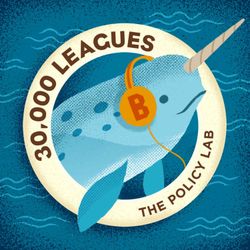
How can data shape your approach to parenting?
56:39|What's the right kind of school and at what age should a particular kid start? How can you best manage TV and social media time?In this episode, we take a deep dive into a data-driven approach to parenting with Emily Oster, Brown professor of economics and mom of two and author of "The Family Firm: A Data-Driven Guide to Better Decision Making in the Early School Years." In her latest New York Times bestseller, Emily offers a classic business school framework for data-driven parents to think more deliberately about the key issues of the elementary years: school, health, extracurricular activities, and more.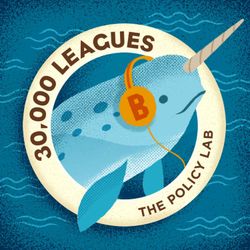
11. How effective is the Year Up workforce development program? (with David Fein)
01:07:03||Season 1, Ep. 11Year Up is a workforce development program that aims to bridge the opportunity divide and help young low-income adults who don't have a college degree find meaningful work. But how effective is it?Join us for a conversation with David Fein of Abt Associates about his newly-released five-year results from a major randomized controlled trial evaluating the effectiveness of Year Up.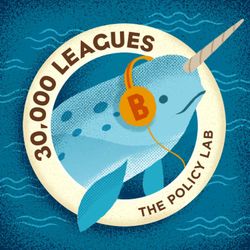
10. Special Edition: A Deep Dive with Governor Dan McKee
20:13||Season 1, Ep. 10Governor Dan McKee became the 76th Governor of Rhode Island in unique circumstances, but he is no stranger to governing.In this episode, David Yokum sits down with Governor McKee to discuss how his experience as Mayor and Lt. Governor prepared him to lead, policy priorities for Rhode Island, and the role of science in government.Take a deep dive with us and get to know Rhode Island's new Governor.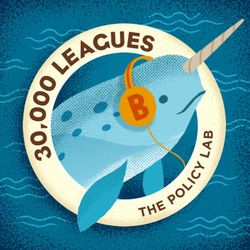
9. Why Are We Bored? (with John Eastwood)
01:06:15||Season 1, Ep. 9You're mindlessly scrolling through your phone, holding the entirety of the internet in your hand, but you're still bored out of your gourd. Why? And what can you do about it?In this episode, David Yokum sits down with John Eastwood, co-author of Out of My Skull: The Psychology of Boredom and Associate Professor of Clinical Psychology at York University to discuss his research on boredom and its association with the unengaged mind.
8. Does cash bail increase mass incarceration? (with Robin Steinberg)
59:07||Season 1, Ep. 8On any given day, about half a million people are locked in jail, but not yet convicted of any crime. The most common reason by far is an inability to pay cash bail. Bail is the main driver of mass incarceration, but what is cash bail? How should it work in theory? And how does it work in practice? Are reforms needed? And if so, in what ways?Today we're talking with Robin Steinberg. She's the founder of the bail project, a nonprofit that advocates reforms to curb mass incarceration, and in particular pays the bail of defendants who can not afford it on their own. We discussed her early days as a public defender, what bail looks like in the court trenches and how policy choices today could make the future of criminal justice better or worse tomorrow.
7. Special Edition: What we know about coronavirus (with Dr. Philip Chan)
59:16||Season 1, Ep. 7We're in an unusual moment. Schools are closed. We're being asked to socially distance ourselves from our neighbors and in general. Society is bunkering down in the face of novel coronavirus. What is COVID-19 what can it do to our bodies and what are the risks? How should we respond both as individuals, families, and as a society? Should you be buying 80 rolls of toilet paper right now? We talk with Dr. Philip Chan, an infectious disease expert and physician at The Miriam and Rhode Island hospitals. He's also working at the frontline of Rhode Island's response to the pandemic. We talked early and by phone before he went back into another day's work on the state's response team. If this is the first you've heard about Corona virus, then you're practicing some extreme social distancing.
6. What is the knowledge illusion? (with Steve Sloman)
48:44||Season 1, Ep. 6Humans have built hugely complex societies and technologies, but most of us don't even know how a pen or a toilet works! How have we achieved so much despite understanding so little? In this episode, David Yokum sits down with Steve Sloman, author of The Knowledge Illusion and Professor of Psychology at Brown University to discuss the extensive research on the cognitive biases that convince us we know more than we do.